It’s no exaggeration to say that selling supplements online is hard.
There is lots of money to be made selling supplements and vitamins, so competition is brutal.
With paid social, you’re able to steer somewhat clear of other brands. But with Google Ads, you’re going off head to head in the search results.
So if you have plenty of established players with deep pockets, the cost per click skyrockets!
The goal of this article is to discover the unique challenges that supplement brands face when they’re running Google Ads, and how to be successful despite them!
Table of Contents
How Does Google Ads Work For Supplement Brands?
With Google Ads, you can advertise wellness and supplement products on the whole Google platform, including the following:
- Google search results
- Shopping tab of the search results
- Gmail
- 3rd party websites
- YouTube
Each of these placements requires a different campaign type. But they all share the same underlying mechanic, you’re paying Google every time someone clicks on your advertisement.
How much you’re paying depends on where you want your ad to show, and who you want to reach.
Interesting Campaign Types for Supplement brands
As mentioned earlier, the good thing about running ads on Google is that you get to promote your supplements and vitamins across different Google-owned platforms and partner websites.
As a supplement brand, you can target your potential customers directly in the results page of Google Search, on the Shopping tab, and even on YouTube.
Google Search Ads for Supplement Brands
Google Search Ads, also commonly called Text Ads, are the most common ad format when people refer to Google Ads.
You select which keywords you want to advertise on, you tell Google how much you’re willing to pay for each click, and you put together a good advertisement.
Here is a typical example of what a text ad might look like for a supplement brand:
Search Ads can work pretty well because you’re able to reach people that are already looking for products similar to yours.
Within Search Ads, it’s important to make a distinction between branded keywords, these are people searching for your brand, and generic keywords.
The people that are searching for your brand already know (and likely) trust you, so the conversion rates will be a lot higher.
But the number of people searching for your brand is limited. It’s highly dependent on the brand awareness you have in the market, and other marketing efforts you’re engaging in.
With other keywords, people might be looking for a category “workout supplement”, or a particular product “vitamin d supplement”.
Since they’re not specifically looking for your brand or product, competition with other brands will be more intense, which means higher cost per click and lower conversion rates.
Google Shopping Ads for Supplement Brands
Shopping Ads are the ads with a product image that you can find in the Google search results.
To start running these ads, you need to connect your online store to Google Merchant Center, a free tool by Google. Through this connection, you’re able to send all of your product data to Google, usually with a product feed.
Then Google Ads is able to process that information to create Shopping ads.
Here is an example of Shopping Ads for a couple of supplement products:
Unlike Search Ads, you’re not able to select which keywords you want your products to show up for. Google will use your product data to determine the best search queries to show these Shopping Ads for.
Your main job is to tell Google how much you’re willing to pay for each click.
This makes it a lot easier to get started, but also much harder to optimize your campaigns once they’re running.
Display Ads for Supplement Brands
Besides showing your ads on the Google search results pages, you can also run ads on the Google Display Network.
With Display ads, you’re able to show banner ads on websites that are opted into Google’s Display Network. This is a very large collection of all kinds of websites ranging from Reddit to The Huffington Post.
Take a look at this Display Ad from sleep supplement Olly:
Display campaigns have HUGE potential. You can literally spend hundreds of thousands of dollars PER DAY just on this campaign type.
The tricky part is to get them to work. Most of the placements for these ads tend to be very low quality. And the Display Network also faces issues like invisible ads and fraud.
To get them to work, you need to nail the following:
- Targeting: who will see this (pick the right options from the many options that Google offers)
- Creative: what do you show in your display banner
- Bidding: how much are you paying per click?
- Funnel: where are you sending people? Is this the most effective URL?
I’ve tried running Display Ads for a few supplement brands, and I haven’t been very successful with it. The returns are very often too low, even compared with clicks that are 100-1000x more expensive!
The only time we got the campaigns to perform to an acceptable level, was when would promote content instead of products.
For example, we would create ads to promote a short guide or send people to a quiz. All well integrated with the rest of the site and product catalog of course!
YouTube Ads for Supplement Brands
The last campaign type is YouTube Ads.
There are a bunch of other campaigns that are also able to show ads on YouTube. That can be Search, Shopping, and Display ads.
But in this section, I want to talk about YouTube Ads, which are exclusively video ads.
Of all campaign types, this is probably the hardest one to make work. That’s because having the right creative plays such a vital part in a campaign’s success. You can’t create one video and be done with it.
To be successful you need to test a lot of different videos and find the most effective audiences to show them. It’s a tough nut to crack but can be very lucrative if you succeed.
So if you have created your videos, you need to upload them to YouTube.
Next, you can use these videos to set up a campaign through Google Ads by choosing one of the many targeting modes that Google offers for YouTube.
These are very similar to the targeting options that are available for Display Ads.
Here is an example of an effective YouTube ad from supplement brand Ritual:
5 Unique Challenges That Supplement Brands Face With Google Ads
By now, you should have a pretty good idea of what’s possible with Google Ads.
The goal of this section is to dive a bit deeper into the specific challenges that supplement brands face when they’re trying to advertise on Google Ads.
Challenge #1 – Very High Cost Per Click
As mentioned before, competition is fierce in the supplement industry.
That’s reflected in the cost per click, which is among the highest ones in all ecommerce industries. Paying $5-7 for a single click on a keyword like “sleep supplement” is not uncommon.
The first reason for the high cost per click is that there are many companies that compete for those same positions. Simply supply and demand in action.
The second reason is that the potential value of a click is very different for different brands.
If an (established) business knows that a single sale today, can result in $400 in lifetime value (= profit) over the next few months, it can afford to bid a lot more compared to a business that’s trying to make the math work on a single $35 order!
This is what makes it very hard for new brands to break into the industry using Google Ads.
They don’t know their numbers yet. And as a result they’re getting outspent by more established players. (Not unlike what happens in the mattress industry!)
Some supplement brands try to solve this challenge by raising a ton of money to be able to spend at the same level as other companies and hopefully catch up.
Others become highly specific about which terms they advertise on. Instead of “best multivitamin” think “pregnancy multivitamin for vegan runners”. (A bit of a joke but not really :p)
And others simply shelve certain parts of Google Ads when starting out, and focus on creating demand in different ways!
Challenge #2 – Navigating Google’s Healthcare & Pharmaceutical Policies
Just because you are paying Google per click, does not guarantee that your ads will actually be shown.
In the case of supplements, Google wants to make sure that advertisers follow its policies on healthcare and medicines. Failure to do so could result in disapproval of the products, ads, or worse, an account suspension.
This can really be a nightmare.
Especially if you’re a brand that sells quality supplements, 100% compliant with all rules and regulations, getting hit with these policy violations can be tough.
Most supplement brands will deal with a Google Merchant Center account suspension at some point.
Google usually isn’t very transparent about what the actual problem is, so you’ll often get vague reasons for disapproval or suspension. Which makes it very hard to troubleshoot and fix the actual problem.
And because most of the compliance checks happen automatically, Google support can’t do or provide much insight either.
Challenge #3 – Limited feature set in Google Ads
If you’re selling supplements, Google limits the use of certain features of its platform.
The most common challenge is that supplement brands are unable to use Dynamic Remarketing to advertise their products.
This also impacts the performance of campaigns like Smart Shopping or Performance Max.
Google categorizes this as “personalized advertising”.
The idea behind it makes sense. If you were looking at a supplement for a potentially sensitive situation, you don’t want ads following you around.
Other features you can’t use:
- Customer Match
- Custom Audiences
- Location Targeting
- In-market audiences
While Google restricts the use of these features, there are other services that you can use to complement your Google Ads campaigns.
Challenge #4 – Subscription fatigue
The way to make the numbers work for a supplement business is to get people to subscribe and keep them there for a long time.
High repeat purchase rates lead to high customer lifetime values. And these give you the money to pay the steep ad prices in the first place.
But with all companies chasing the same thing, customers are growing wearier.
Especially if they have never heard from you, or haven’t sampled your product, they’re unlikely to sign up for a subscription right of the bat, even if they can save 20%.
So it’s up to you as a company to make it easy to sample, or to provide reassurances that people can easily cancel should they not prefer to purchase again.
Challenge #5 – Advertisements for certain products are prohibited
For some products, you’re unable to use Google to advertise them.
The exact list of products depends on the country. Google has a pretty good list of which products, substances or ingredients are not allowed.
So if you want to sell products like that, you simply can’t.
Google Ads Alternatives For Supplement Brands
If you’re running your own supplement business, you have probably realized that there are a ton of options to drive traffic to your store.
In fact, you might be a little overwhelmed by all the different things you can do.
That’s why I want to list the most common alternatives to Google Ads, and I’ll also mention how they’re different.
Facebook & Instagram Ads vs Google Ads
Both Instagram and Facebook are platforms that have the ability to drive a massive amount of traffic.
Supplements aren’t very visual. The boxes might be colorful, but most capsules aren’t very sexy. A solution to that is to hook into the lifestyle angle of why your supplement matters and allow you to use more image or video ads on the platform.
The main difference between Facebook Ads and Google Ads is that on Facebook, people aren’t really searching for your product. They are scrolling through their feeds, and your ads will interrupt what they are doing. And if you’re successful, they’ll click through to your site.
This is a very similar dynamic to what happens with Display or YouTube Ads.
This is a stark contrast to Search or Shopping Ads. With these ads, you’re only targeting people that are actively searching for the products that you’re selling.
In the world of marketing, this is called a higher purchase intent.
One is not better than the other, but they do require a very different approach!
But as mentioned above, it can be a way to circumvent the very high CPCs you’re paying on Google Search & Shopping.
SEO vs Google Ads
Search engine optimization (SEO) is the process of optimizing your website, so it ranks higher in the search results.
With Google Ads, you don’t need to optimize your supplement site and can buy your way to the top of the page.
Increasing traffic through SEO usually is a long-term game, it often takes 6 months or more to show any results.
Google Ads will get you clicks pretty instantly, but the major downside is that you have to pay for each click. And as soon as you stop paying, traffic also stops.
With SEO, you’re usually investing more upfront, but once you’re ranking well, it’s essentially free.
Again, with the high CPCs, it makes sense to start investing early to start ranking for key terms organically.
Affiliate marketing vs Google Ads
The last alternative I want to mention here is affiliate marketing.
With affiliate marketing, you’re using other websites, or influencers to promote your products on your behalf.
And unlike Google Ads, you’re not paying for clicks, but you’re only paying a commission when you actually make a sale.
Who you approach to market your supplements and how much you’re paying them will be decisive for how successful this marketing channel can be for your business!
Examples of Supplement Brands Using Google Ads
Ritual
Ritual is one of the biggest US players when it comes to supplements like multivitamins and pregnancy supplements.
They spend a ton of money on Google Ads and can afford to dominate the paid search results.
In our analysis, we estimated that they made over $663,724/mo from Google Ads!
Example of a generic search ad by Ritual:
Life extension
Example of a branded search ad:
iHerb
Example of a Display Ad by iHerb:
Nature’s Way
Example of a branded Search Ad by Nature’s way:
Athletic Greens
Example of a Shopping Ad by Athletic Greens:
Is Google Ads Worth it for Supplement Brands?
You’ve seen in this article how powerful Google Ads can be when it comes to promoting your supplement brand.
But it’s not for the faint of heart, or businesses starting out.
Established businesses that have a firm grasp on their lifetime value metrics have a huge advantage as they are able to know the exact cost they can afford to pay.
Many newer brands “hope” they’ll make the necessary returns, but that opens the door to severe losses.
So use this article to take a closer look at which campaigns (if any) make sense for your business at this point in time!
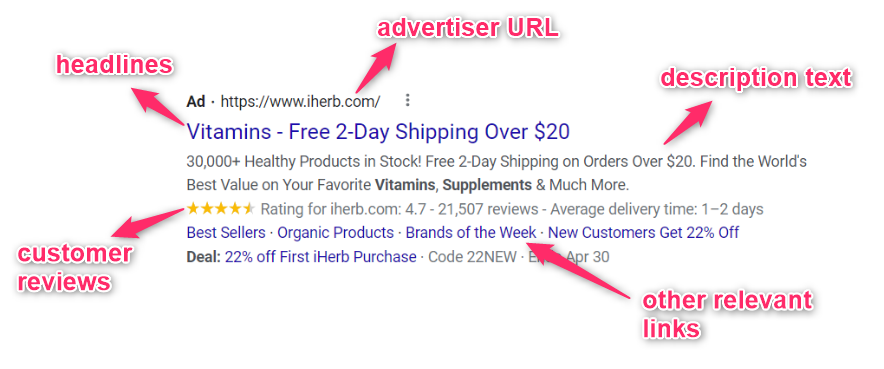
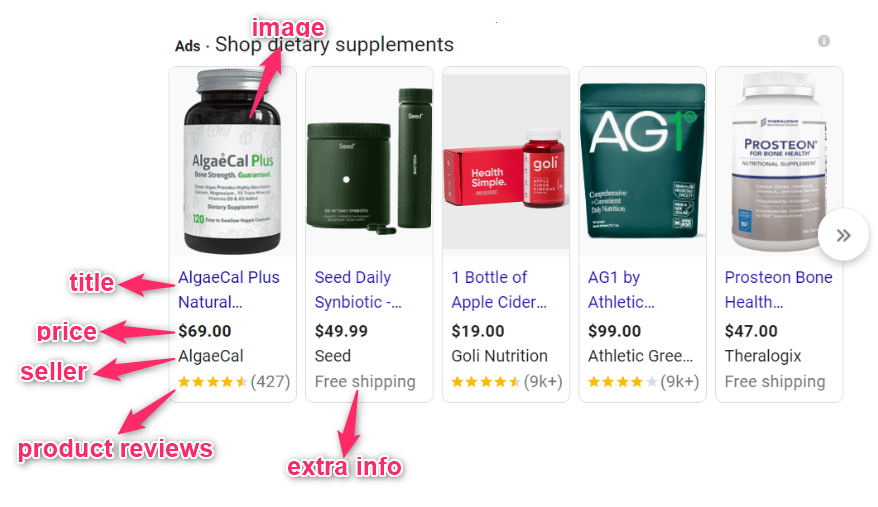
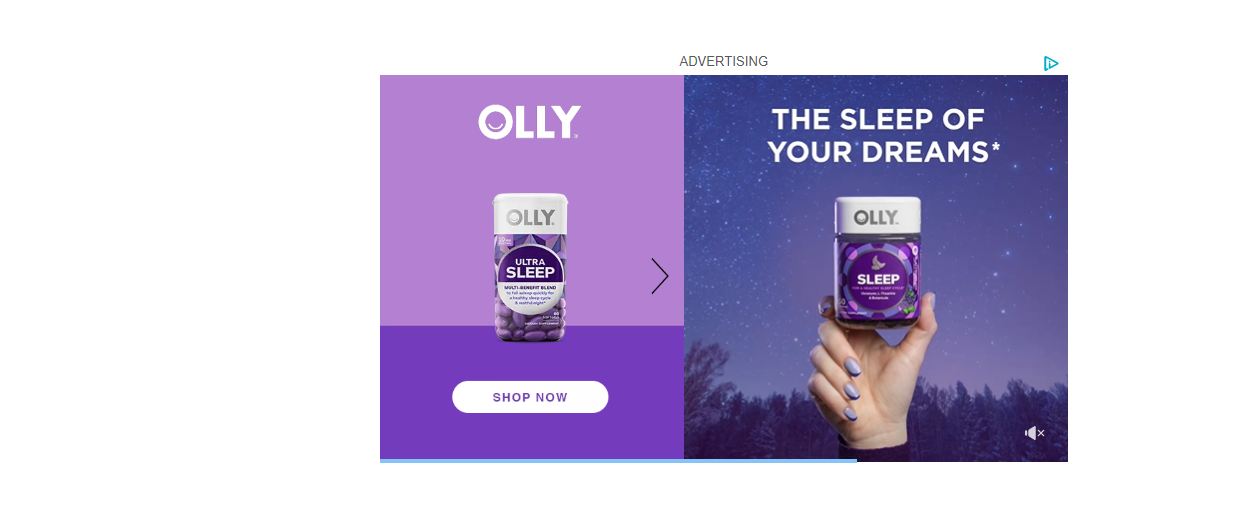

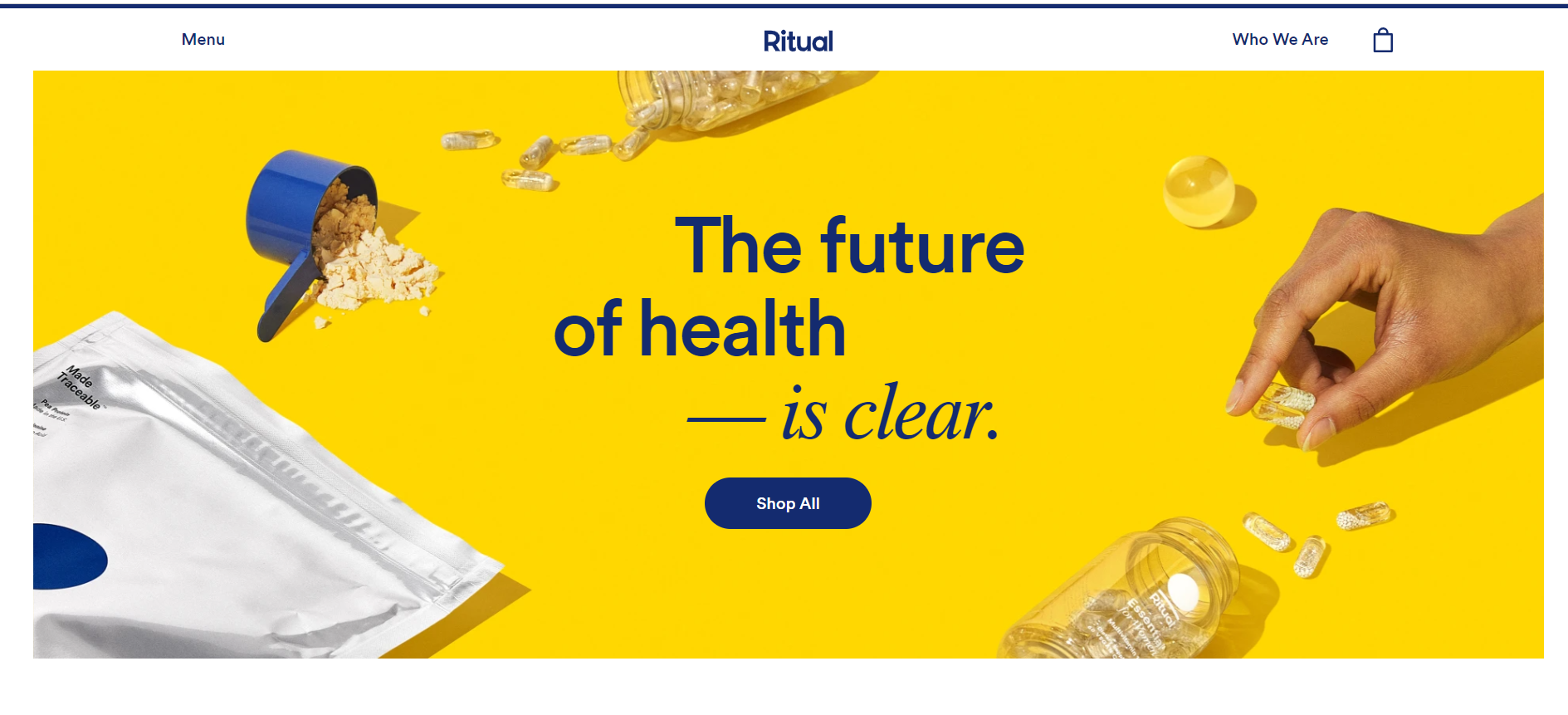

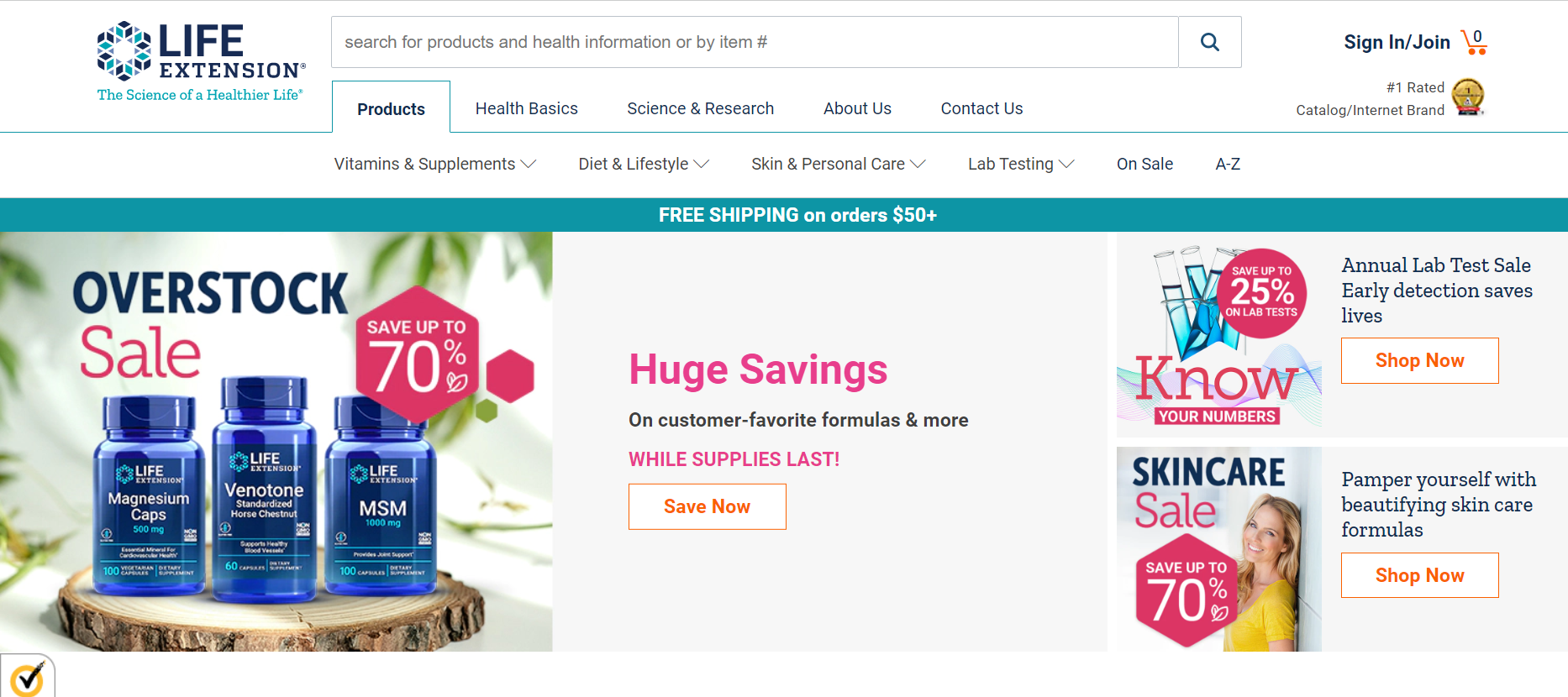

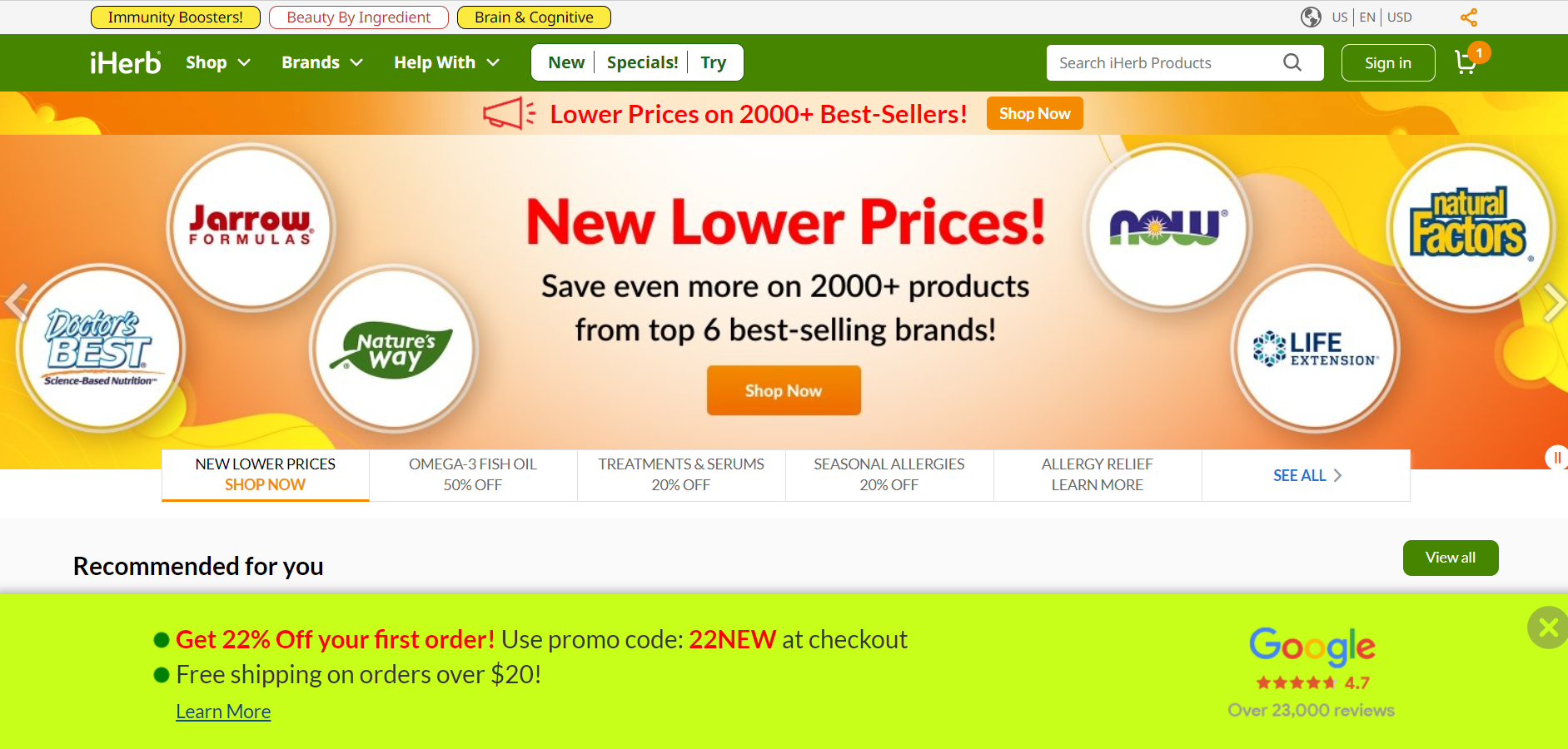
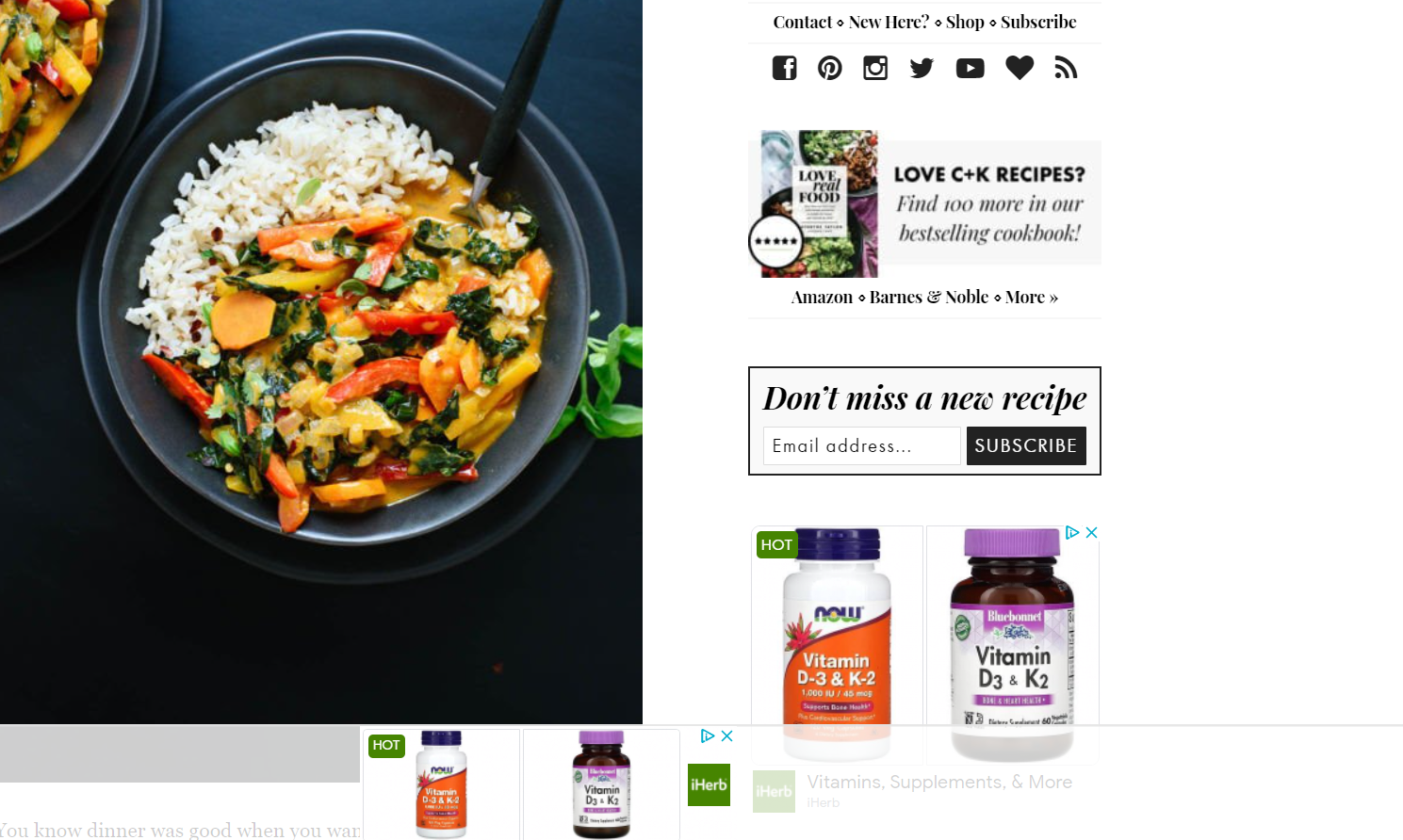
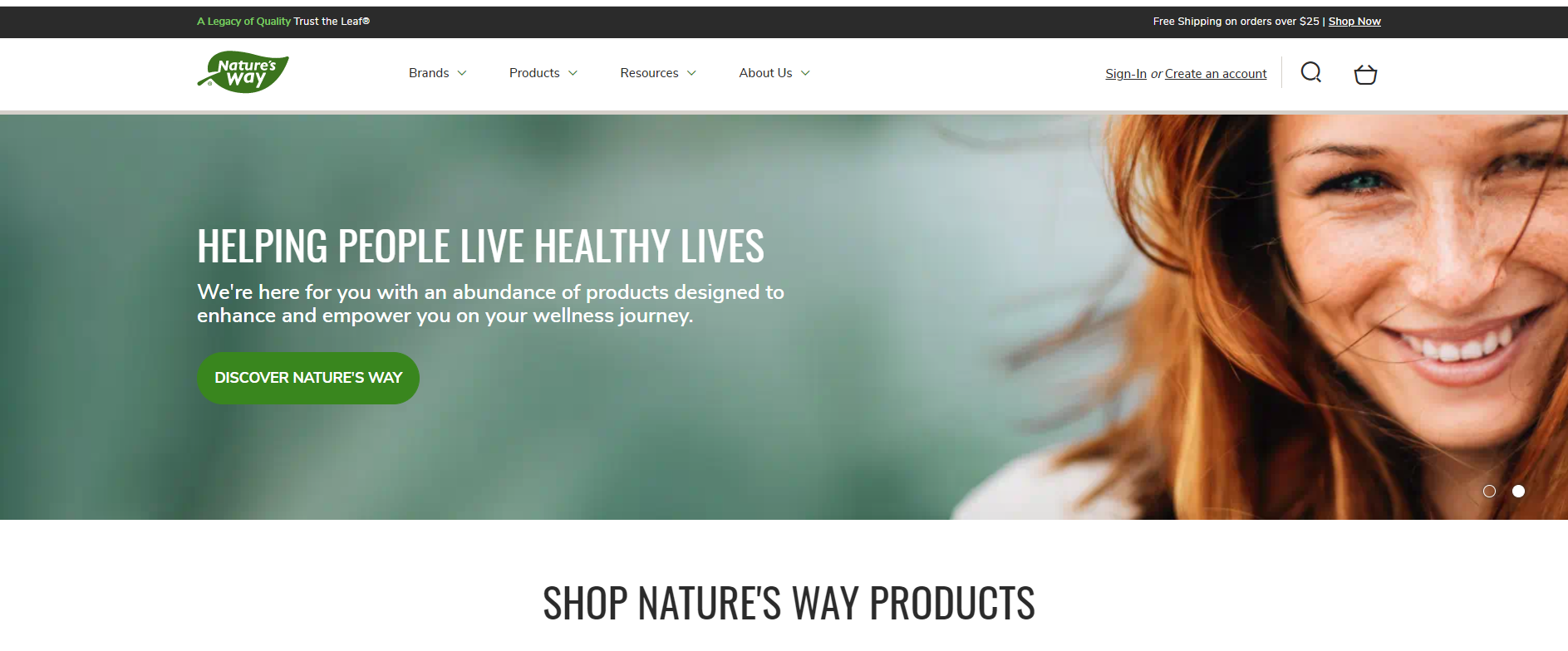

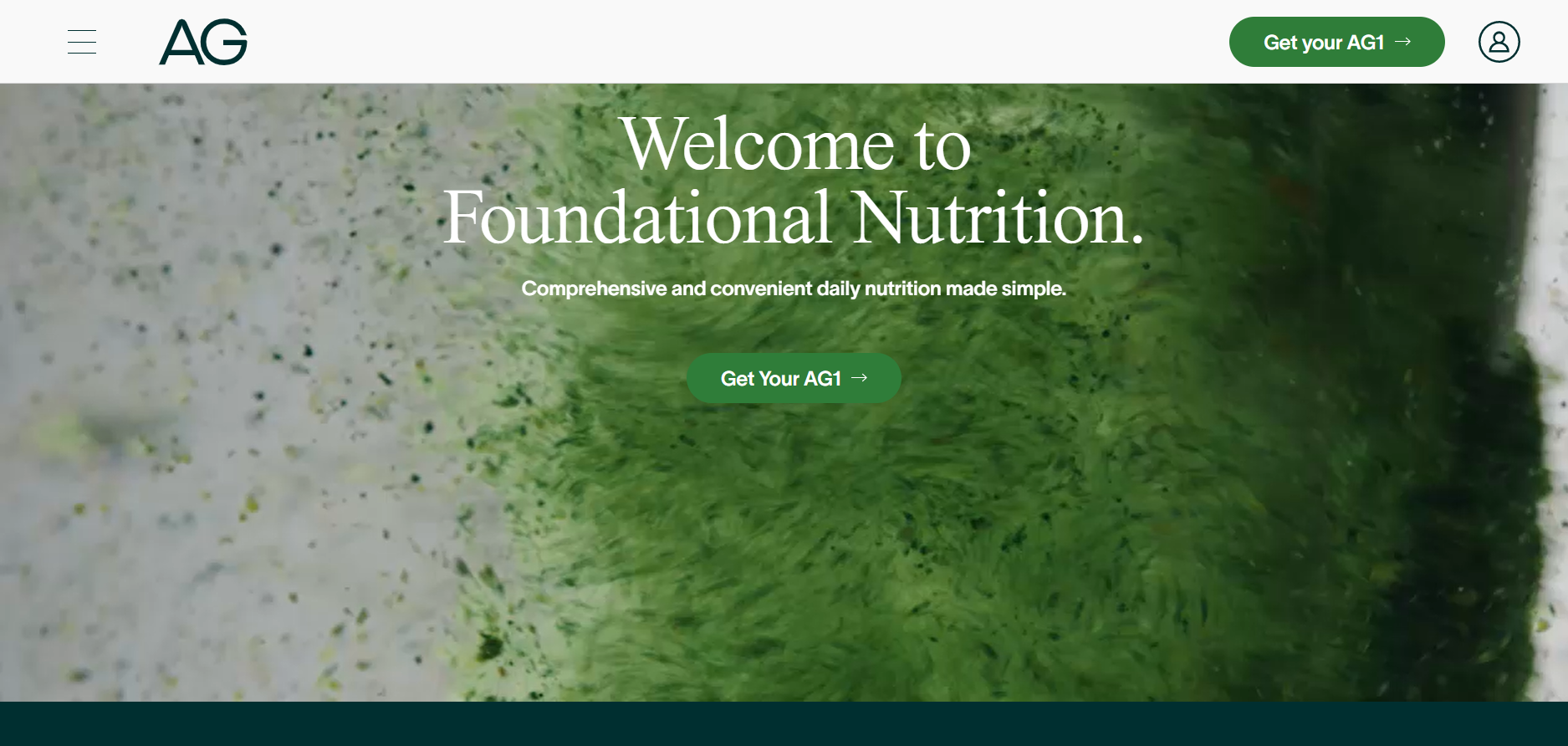
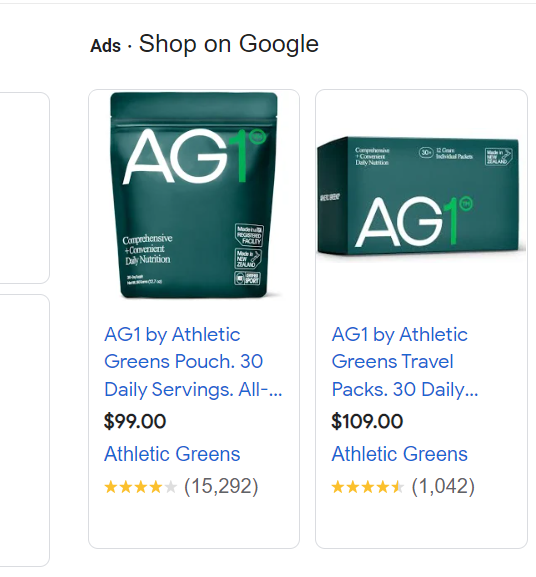

Denis,
Google will ban us very fast if we advertise supplements. Any tips , workarounds how to effectively promote it ?
Hi Jure,
I understand it can be very frustrating.
Once your Google Ads account gets suspended, things get even trickier in the future because Google doesn’t like you to create other accounts to circumvent the ban etc.
My advice: only sell things that you’re allowed, be very clear on your website who you are, how to contact you, what’s inside the product & don’t make any crazy claims in your ads or on your landing page.
I was looking for information to help me to finalize my blog TEXT ADS ideas . This is very interesting and inspiring!
Happy to hear it was useful Varun!
Hello Dennis, I am a Brand Consultant trying to market a supplements brand in India. Our strategy is via both FB \ IG as well as Google. The client is very sales focussed and infact needs us to drive a CPL that is one fourth of the pdt cost. I am looking for a consultant like yourself for an intervention in the initial phase. Could we connect please?
That sounds like quite a challenge 😅
Sure thing Charu, just followed up via email!
Hi,
I am trying to sell my supplements online which include: CoQ10, Quercetin, Betaine, NAC and Magnesium.
I keep getting unapproved for my very first ad for CoQ10. The first disapproved ad was due to NMN on my website. I removed those pages by switching them to draft status and thus unpublished but still get disapproved for my ad.
Can you help?
Hello,
Two questions:
What types of ads are you trying to run? Shopping? Search?
What is NMN? Google Ads is really (sometimes overly) sensitive to search terms or words being used on your landing page. So pay very close attention to that.